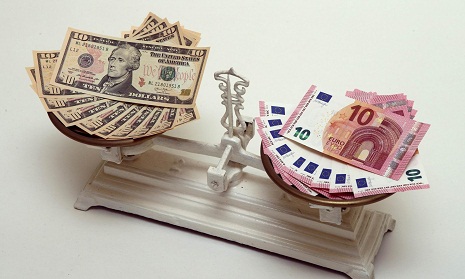The euro was trading at ¥135.15, down from ¥136.18 on Friday.
More than 61% of Greeks voted “no” in a referendum Sunday on whether to accept the terms of an international bailout.
The result “sharply raises the prospect of an eventual Greek exit from the eurozone,” said BNZ foreign-exchange strategist Raiko Shareef. “Clearly, European leaders will not take this lightly.”
The “no” vote had the expected result of pushing down the euro against other currencies and hurting stocks, but the initial reaction was relatively modest.
“Short covering has kicked in,” said Yuji Saito, executive director of the foreign exchange department at Crédit Agricole in Tokyo, in explaining the euro’s recovery from the morning’s lows. “But we can’t say things are turning for the better so that investors are likely to keep jittery eyes on the stock market reaction and comments from authorities.”
Bank of Japan Gov. Haruhiko Kuroda issued a statement aimed at soothing market concerns. “The BOJ will continue to watch financial markets carefully while keeping close contact with relevant organizations at home and overseas,” he said.
Finance Minister Taro Aso said Japan was “fully prepared for possible developments in Greece.”
Mr. Saito of Crédit Agricole said a further flight to safer currencies was possible during European trading hours, when more information may emerge on the timing of talks between Greece and its creditors.
Meanwhile, investors were also watching how Asia would react to China’s weekend decision to suspend initial public offerings and pump money into the stock market in an attempt to arrest the sharp slide in Chinese stocks.
Investors generally regard the Japanese currency as a haven asset that retains its value during periods of geopolitical or financial instability. The yen was slightly up against the U.S. dollar, with one dollar changing hands at ¥122.56 compared with ¥122.77 on Friday.
More about:
















































